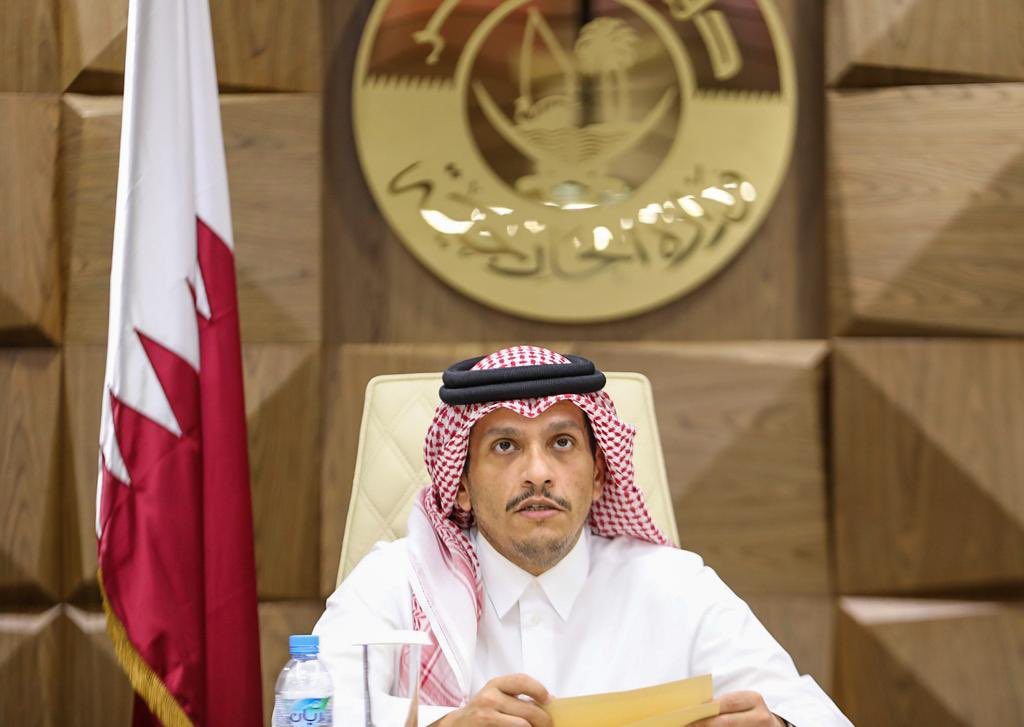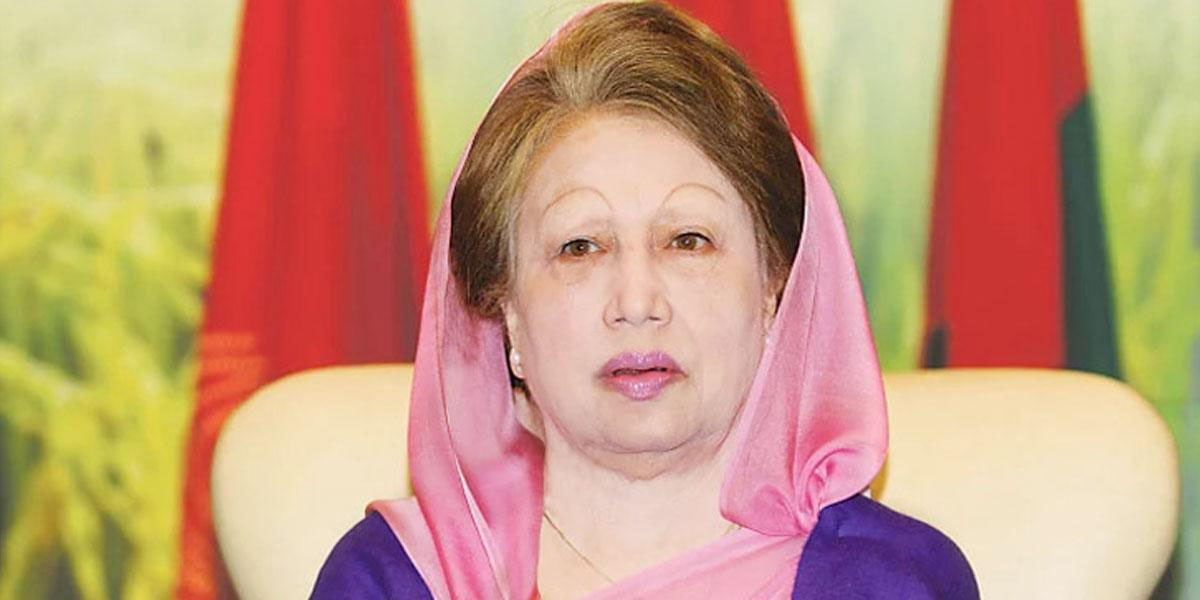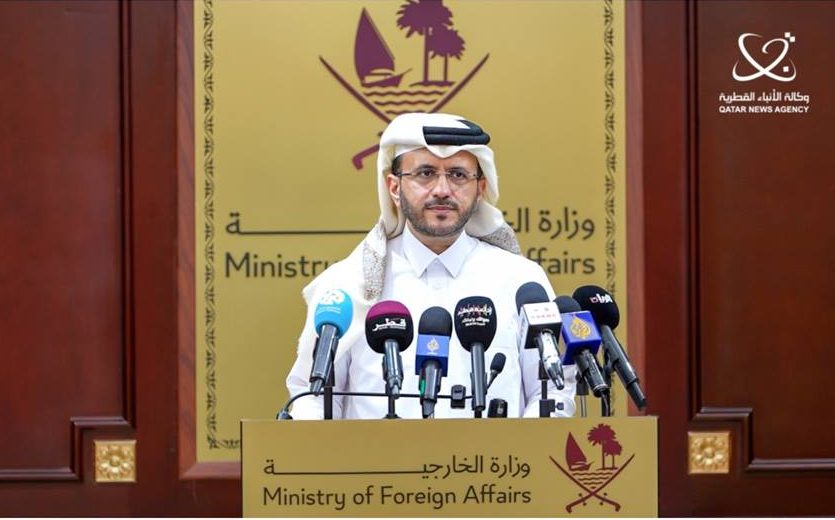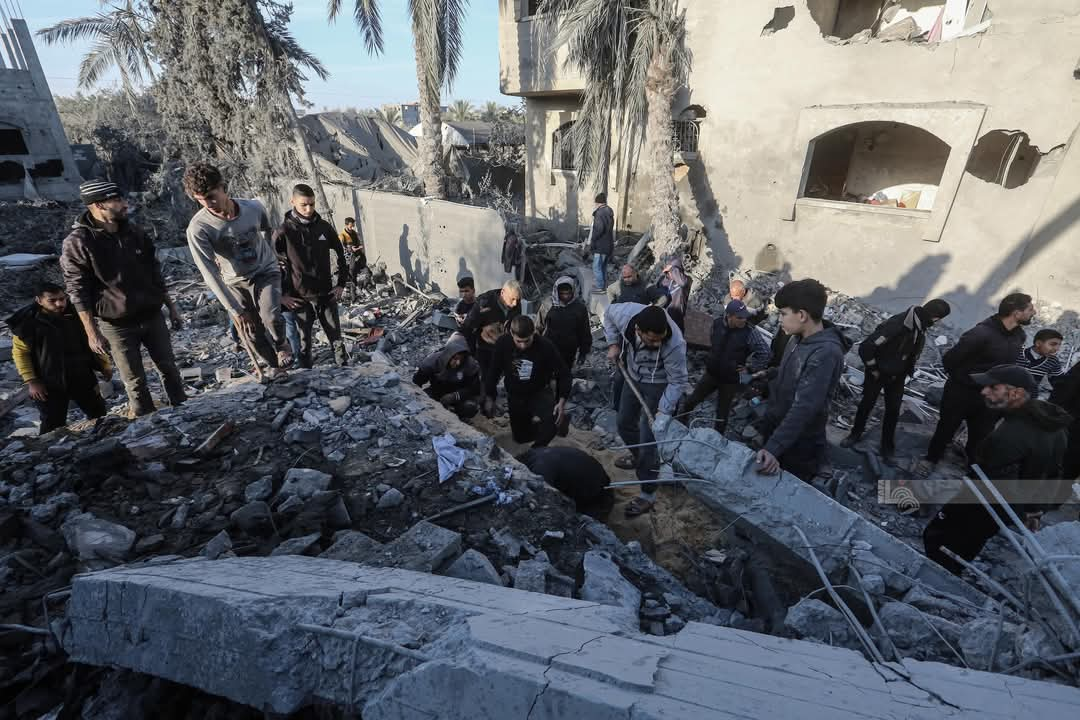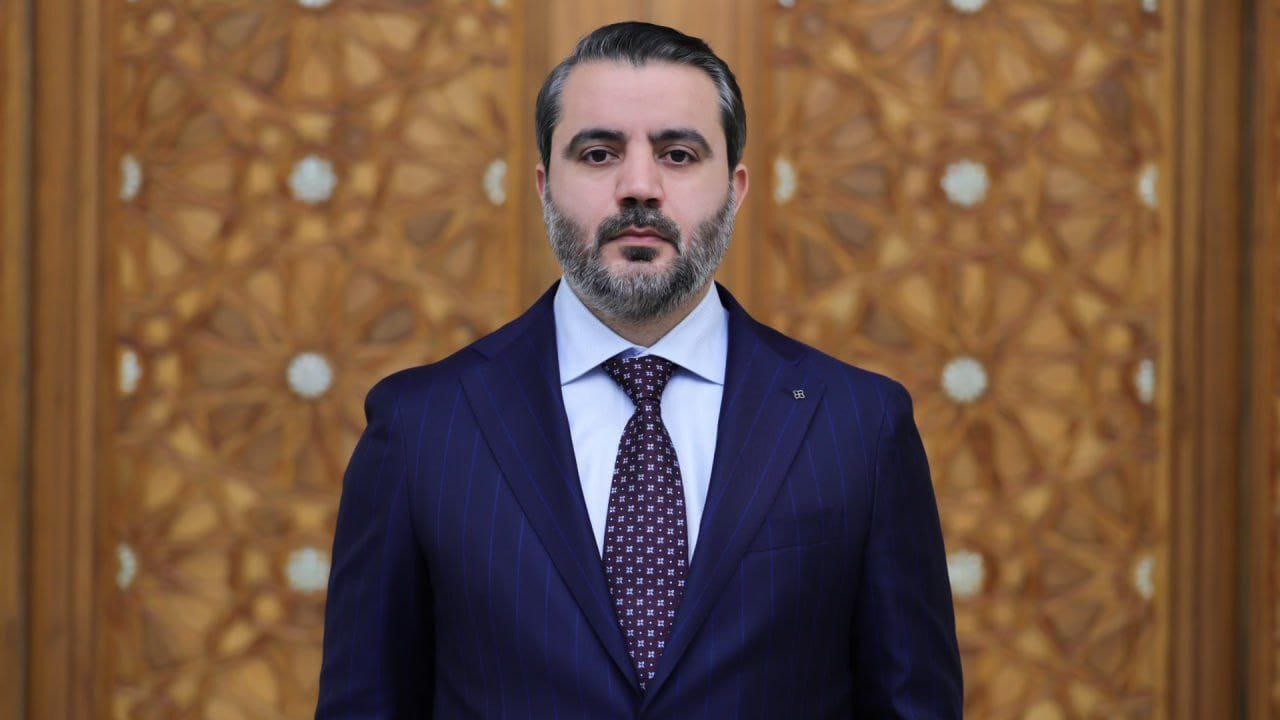Qatar has for years been pushing to end the war in Syria without the need for military intervention.
Qatar’s Deputy Prime Minister and Minister of Foreign Affairs Sheikh Mohammed bin Abdulrahman Al-Thani dismissed claims on the alleged restoration of ties between Doha and the government of Bashar Al Assad, during an interview with Al Araby TV on Thursday.
When asked about the possibility or resuming ties with the Syrian regime, Sheikh Mohammed said the claims have been “circulating for many years” and that Qatar’s position is “clear when it comes to the Syrian regime”.
“The Syrian regime continues to commit crimes against its own people…we haven’t seen any prospects for a political solution that satisfies the Syrian people nor any progress.There is a continuation of the same behaviour,” said the Qatari official.
“We do not see a reason to restore our ties at the time as long as the [Syrian regime] continues to carry out the same actions.”
ما هو موقف دولة #قطر من النظام السوري؟#حديث_خاص @MBA_AlThani_ @MofaQatar_AR pic.twitter.com/YTOvBqAffV
— التلفزيون العربي (@AlarabyTV) May 28, 2021
The interview was aired shortly before Syrian President Bashar Al Assad was re-elected for a fourth term in a controversial election dubbed by global powers and opposition forces as a sham.
On Thursday, tens of thousands of Syrians gathered in several cities across the war-torn country to celebrate Assad’s win even before the expected results were announced.
Read also: Key mediator Qatar steps in to find political resolution for war-torn Syria
However, the UN’s Syria Envoy Geir Pedersen said the polls were not held under the political transition called for by Security Council Resolution 2254 which ensures free and fair elections.
“What is required is a Syrian-led and owned political solution, facilitated by the United Nations and backed by constructive international diplomacy,” he said.
Qatar mediation efforts
In March, Qatar joined trilateral efforts along with Turkey and Russia to resolve the decade-long crisis in Syria.
As an influential mediator, the Gulf state has for years been pushing to end the war in Damascus without the need for military intervention. This also falls in line with its long-term position on the crisis, with Doha calling for Assad to step down since 2011.
Despite the 2014 GCC crisis and pressure by neighbouring countries, Qatar’s position and foreign policy on Syria remained unchanged. In 2011, Doha was the first to close its embassy in Damascus – a move that was later replicated by several countries.
Although the Gulf crisis of 2014 was soon resolved, the region was met with yet another dispute in 2017 that led to a significant divide, with countries struggling to unite over the resolution to end the war in Syria.
One of the main divides includes the reopening of embassies in Syria, in effect, a move to renormalise ties with the Assad regime. Most recently, the UAE and Bahrain announced the reopening of their missions in Damascus.
The UAE has also reportedly attempted to sabotage the Idlib ceasefire and has been accused of supporting the Assad regime.
Follow Doha News on Twitter, Instagram, Facebook and Youtube

